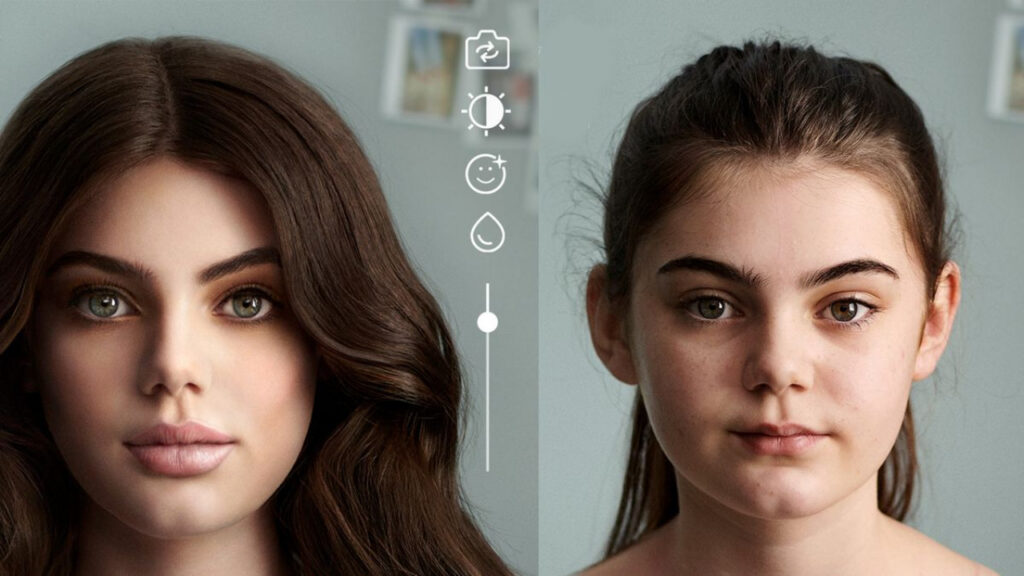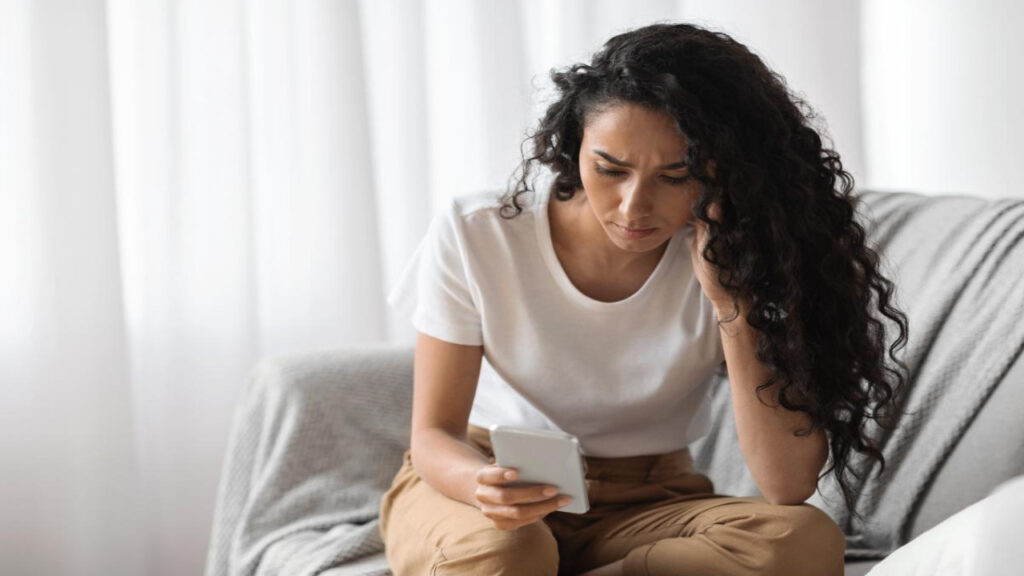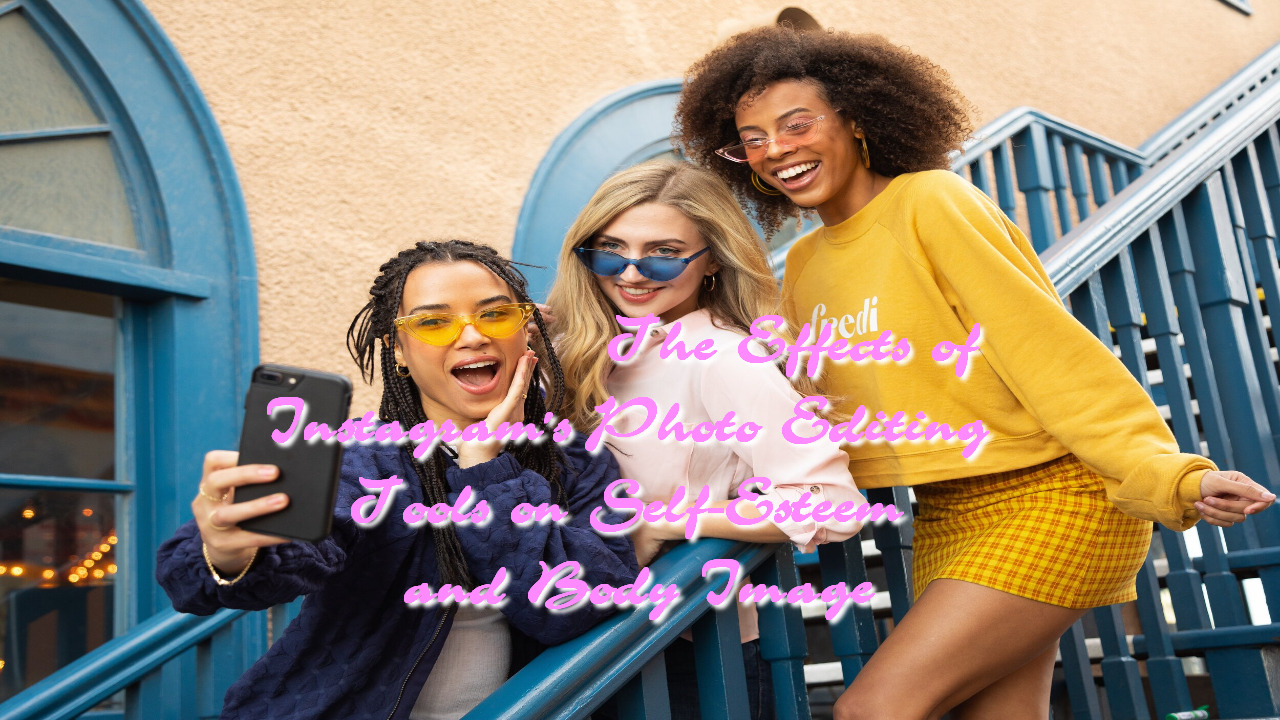In today’s digital age, social media platforms like Instagram have become increasingly popular, offering users a variety of photo editing tools to enhance their pictures. While these tools may seem harmless at first glance, there is growing concern about their impact on self-esteem and body image. This article explores the effects of Instagram’s photo editing tools on these psychological aspects, shedding light on the potential consequences of heavily edited images.
Unrealistic Beauty Standards

One of the primary concerns associated with Instagram’s photo editing tools is the perpetuation of unrealistic beauty standards. These tools allow users to alter their appearance, eliminating flaws and imperfections effortlessly to achieve real Instagram promotion. As a result, the images shared on Instagram often present an idealized version of reality, promoting a distorted view of beauty. This can lead to feelings of inadequacy and dissatisfaction with one’s own appearance when comparing oneself to the edited images on the platform.
Increased Pressure and Insecurity

The availability of photo editing tools on Instagram puts immense pressure on individuals to conform to the unrealistic beauty standards portrayed on the platform. And despite the profusion of Instagram features perfect for small businesses, the platform should strive to tell people that it’s about pictures but not a reality. Users may feel compelled to heavily edit their photos to fit in or gain social validation, fearing judgment or criticism if they don’t conform to the prevailing norms. This pressure can create feelings of insecurity and self-doubt as individuals constantly strive for an unattainable level of perfection.
Negative Body Image and Self-Esteem

Exposure to highly edited images on Instagram can have detrimental effects on body image and self-esteem. Constantly viewing pictures that have been heavily altered can create a distorted perception of what is considered attractive or desirable. Individuals may develop negative body image, perceiving their own bodies as flawed or inadequate compared to the edited images they encounter. This, in turn, can lead to decreased self-esteem, as individuals feel they don’t measure up to the standards set by the digital world.
Impact on Mental Health

The use of Instagram’s photo editing tools can also have significant implications for mental health. Research has shown a correlation between excessive social media use and increased rates of anxiety, depression, and body dysmorphic disorder. The constant exposure to edited images and the pressure to present oneself in a certain way can contribute to these mental health issues, exacerbating feelings of inadequacy, self-criticism, and social comparison.
Promoting Authenticity and Positive Body Image

Recognizing the potential harm caused by photo editing tools, Instagram has taken steps to address these concerns. The platform has introduced features such as body positivity campaigns, filters that promote natural beauty, and guidelines against excessive photo editing. By encouraging authenticity and embracing diverse body types, Instagram aims to counteract the negative effects of its editing tools and foster a more positive environment for users.
Instagram’s photo editing tools have undoubtedly influenced the way individuals perceive themselves and others. The prevalence of heavily edited images on the platform has contributed to unrealistic beauty standards, increased pressure to conform, and negative effects on self-esteem and body image. However, with the platform’s recent efforts to promote authenticity and positive body image, there is hope for a healthier social media culture. It is essential for individuals to be mindful of the impact these tools can have on their mental well-being and to seek balance in their online interactions, focusing on self-acceptance and cultivating a positive relationship with their own bodies.

